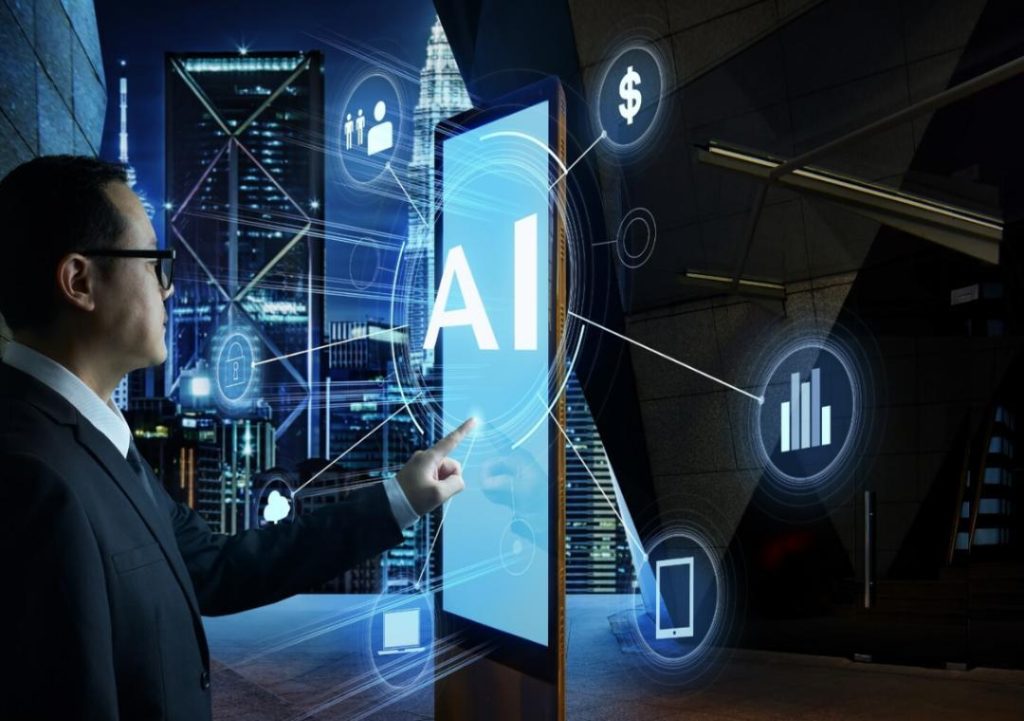
AI & ML now power over 77% of business processes
In today’s digital-first world, the concept of Artificial Intelligence (AI) and Machine Learning (ML) is no longer a futuristic idea, but a fundamental operational necessity for businesses to stay competitive. According to a recent report, over 77% of enterprises have already adopted AI/ML to enhance productivity, reduce costs, and personalize user experiences.
The widespread adoption of AI/ML is a testament to the transformative power of these technologies, which are revolutionizing the way businesses operate. From automating customer support to real-time fraud detection, AI/ML is being applied in various aspects of business to drive growth, improve efficiency, and create new revenue streams.
In this blog post, we’ll delve into the world of AI/ML, exploring what these technologies are, why they’re important, and how they’re being used by businesses across industries.
What is AI and ML?
Before we dive into the importance and applications of AI/ML, let’s define what these terms mean.
Artificial Intelligence refers to the development of computer systems that can perform tasks that typically require human intelligence, such as learning, problem-solving, and decision-making. AI systems use algorithms and data to mimic human cognition, enabling them to learn from experience, recognize patterns, and make predictions or recommendations.
Machine Learning, on the other hand, is a subset of AI that involves training algorithms to learn from data without being explicitly programmed. ML algorithms can analyze vast amounts of data, identify patterns, and make predictions or decisions based on that analysis.
Why is AI/ML important?
The importance of AI/ML in business cannot be overstated. Here are some key reasons why:
- Improved Efficiency: AI/ML can automate repetitive and mundane tasks, freeing up human resources to focus on higher-value activities.
- Enhanced Decision-Making: AI/ML can analyze large datasets and provide insights that inform business decisions, reducing the risk of human error and bias.
- Personalized Customer Experience: AI/ML can help businesses understand customer behavior and preferences, enabling them to deliver personalized experiences and improve customer satisfaction.
- Cost Savings: AI/ML can help businesses reduce costs by automating tasks, optimizing processes, and identifying areas of inefficiency.
- Competitive Advantage: The adoption of AI/ML can provide businesses with a competitive edge, enabling them to stay ahead of the competition and adapt quickly to changing market conditions.
How is AI/ML being used in business?
The applications of AI/ML in business are vast and varied. Here are some examples of how AI/ML is being used in different industries:
- Customer Support: AI-powered chatbots are being used to provide 24/7 customer support, answering frequently asked questions and routing complex issues to human representatives.
- Fraud Detection: ML algorithms are being used to detect fraudulent transactions in real-time, helping businesses to reduce the risk of financial loss.
- Predictive Maintenance: AI-powered predictive maintenance is being used to predict equipment failure, reducing downtime and improving overall efficiency.
- Personalized Marketing: ML algorithms are being used to analyze customer data and deliver personalized marketing messages, increasing the effectiveness of marketing campaigns.
- Supply Chain Optimization: AI-powered supply chain optimization is being used to optimize logistics, reduce costs, and improve delivery times.
The shift to AI/ML is fundamental to staying competitive
The adoption of AI/ML is no longer optional; it’s a fundamental requirement for businesses to stay competitive in a digital-first world. As the pace of technological change continues to accelerate, businesses that fail to adopt AI/ML risk being left behind.
In conclusion, AI/ML is no longer a futuristic concept; it’s an operational essential for businesses to improve productivity, reduce costs, and personalize user experiences. As the adoption of AI/ML continues to grow, businesses that fail to adapt will struggle to stay competitive.
Source:
https://www.growthjockey.com/blogs/what-is-ai-and-ml-how-is-it-important






